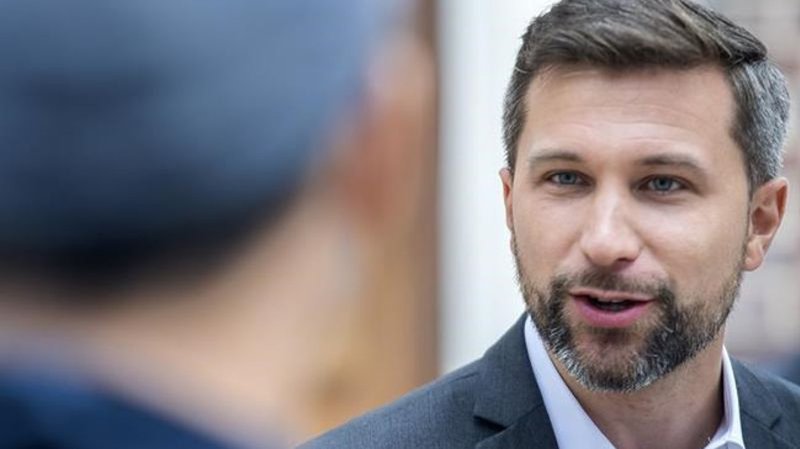
Québec solidaire is the preferred choice among province’s youth, but will they vote?
MONTREAL — Gabriel-Nadeau Dubois stepped up to the lectern in a park in east-end Montreal on Wednesday, promising to deliver what he called a “transport revolution.”
With his forest-green suit and the St. Lawrence River as a backdrop, the 32-year-old co-spokesperson of Québec solidaire delivered the latest in a series of bold promises that have included a surcharge on SUVs and other polluting vehicles, new taxes on wealth and large inheritances and a promise to buy 10,000 homes to resell at a discount.
Young people, it appears, are listening.
While poll after poll puts François Legault’s Coalition Avenir Québec far ahead of the pack in the race to the Oct. 3 provincial election, the top pick for voters between the age of 18 and 34 is Québec solidaire, a left-wing sovereigntist party focused on climate change, wealth inequality and the housing crisis.


